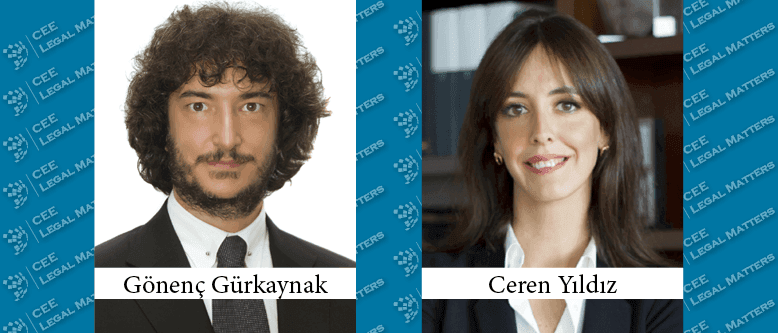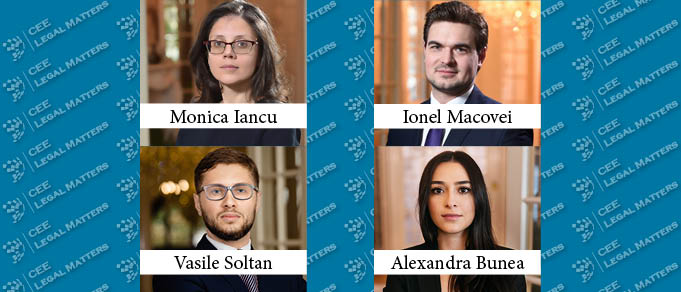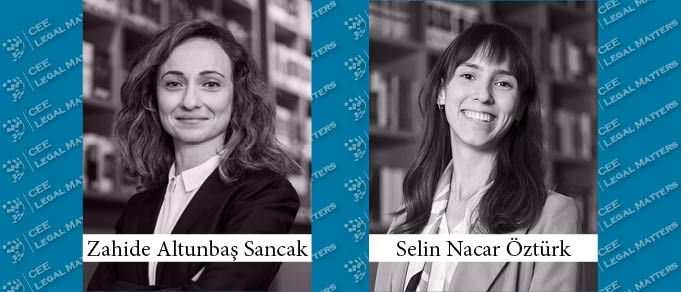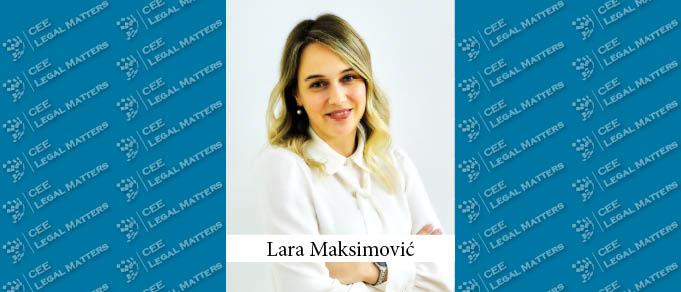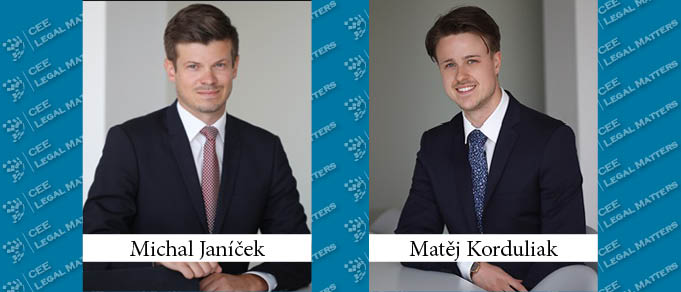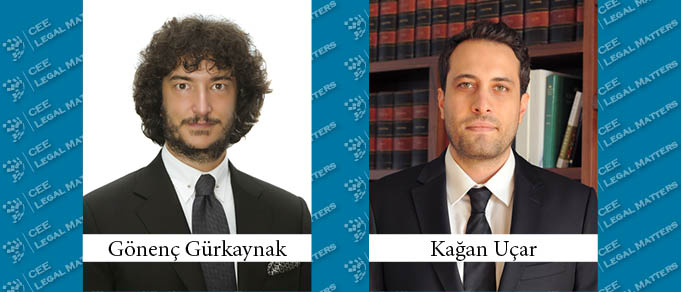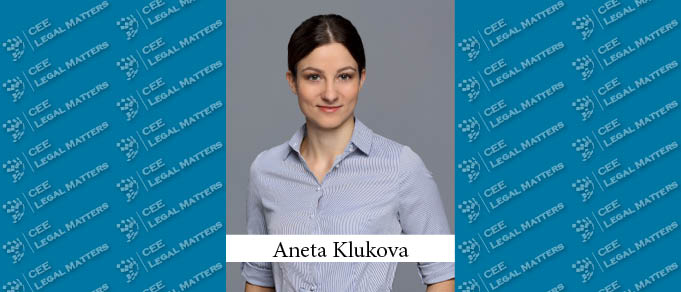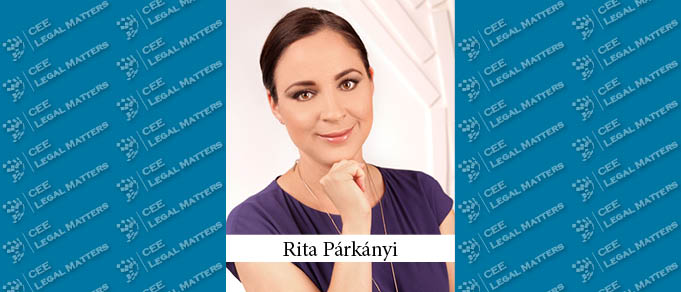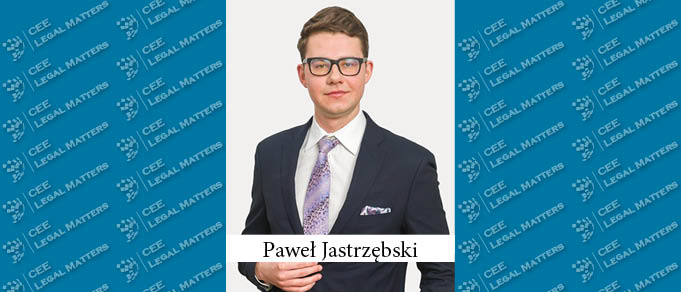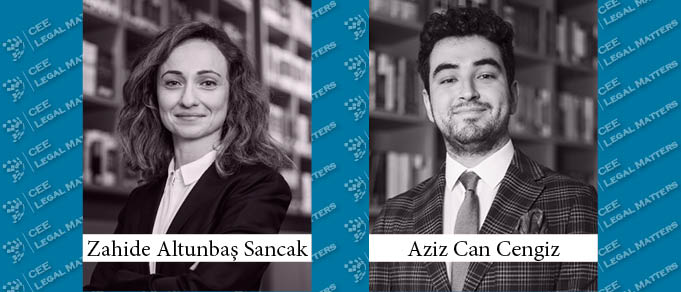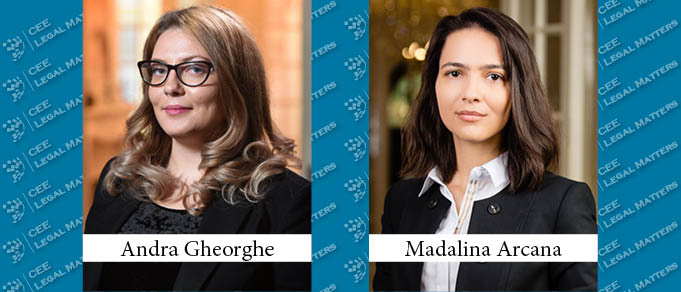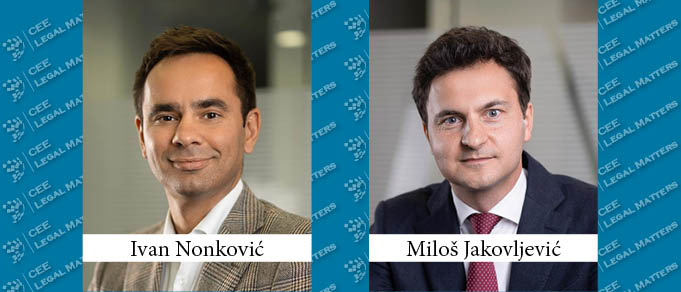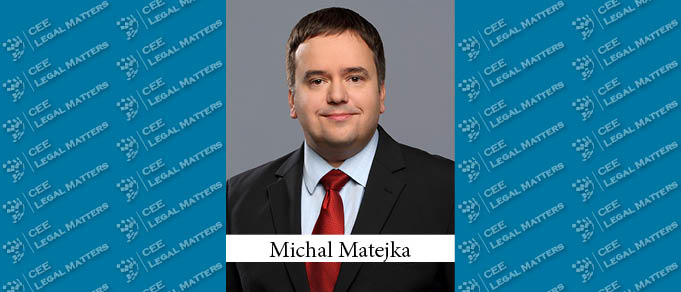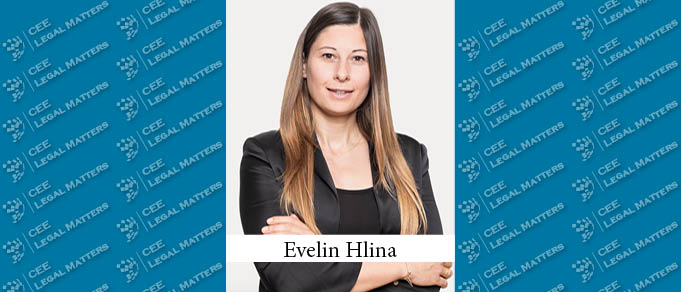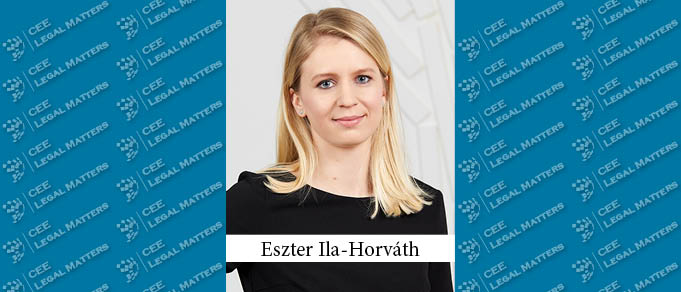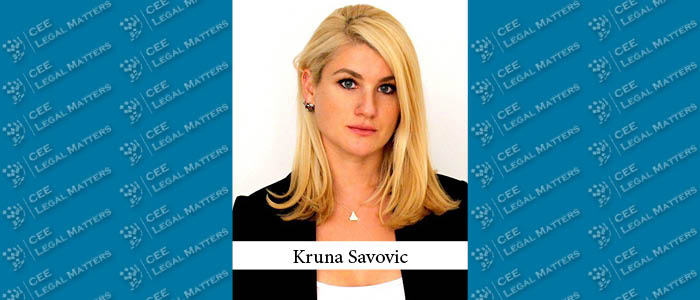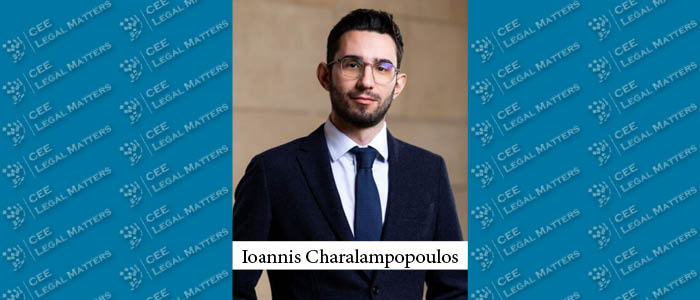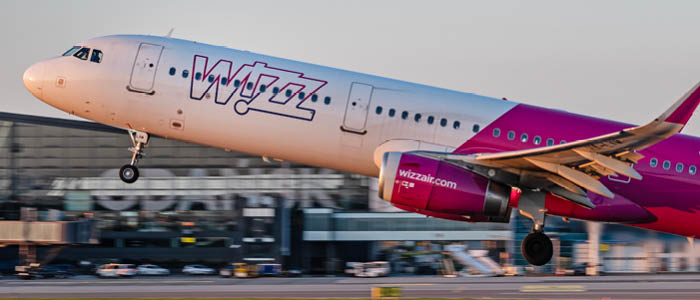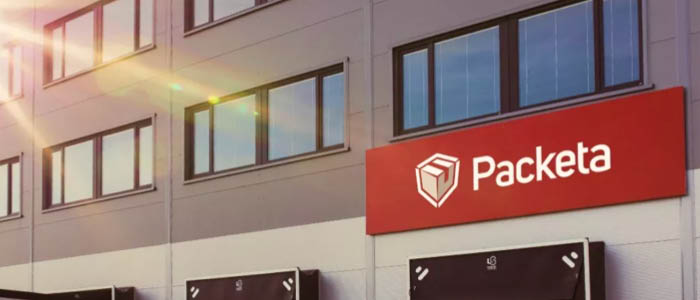The Turkish Data Protection Authority (“DPA”) has published Draft Guidelines on Cookies (“the Draft Guidelines”) on January 11, 2022, providing explanations on cookies and practical advices for data controllers who process personal data through the use of cookies.
Hungary: Mandatory Vaccination as a Term and Condition of Employment
Government Decree 598/2021 (the Decree) has allowed employers to order their employees to be vaccinated against covid-19 since 15 November 2021. Since it came into force, the Decree has been the subject of much discussion and interpretation by legal practitioners and commentators.
Long Awaited Amendments to the Romanian Electricity (and Gas) Law
On 31 December 2021, Government Emergency Ordinance no. 143/2021 for the amendment of Law no. 123/2012 on electricity and natural gas, as well as for the amendment of other regulatory acts (“GEO 143/2021”) was published in Official Gazette of Romania no. 1259 and entered into force on the same date.
Turkey’s Capital Markets Board Submitted Draft Green Debt Instruments and Green Lease Certificate Guidelines to Public Opinion
Many economies, particularly those in the European Union [“EU”], are now centered on the environment-oriented and sustainable economy model known as "Green Transformation," which aims to mitigate the negative environmental consequences of human-induced parameters on the ecosystem. Turkey, also, had signaled that it would not stay out of this shift by ratifying the Paris Climate Agreement in October 2021.
Abolishment of Mandatory Product Conformity Certificate
On January 1, 2022, certain provisions of Articles of the Rulebook on Electromagnetic Compatibility (Official Gazette of RS no. 25/2016 and 21/2020) ceased to apply, as well as of the Rulebook on Electrical Equipment Intended for Use within Certain Voltage Limits (Official Gazette of RS no. 25/2016 and 21/2020), which refer to the conformity certificate, i.e., its mandatory provision.
Czech Republic: New Investment Incentives Rules Aim to Support Technological Start-ups
The government of the Czech Republic has approved a new decree concerning investment incentives. The new rules should bring significant changes not only for large investors, but also for small and medium-sized technology companies, which will now also be able to access direct financial support. The new rules will take effect as of 1 January 2022.
The Turkish Competition Board Emphasizes the High Standards Applied in the Assessments Regarding the Allegations Concerning Discrimination and Refusal to Supply in the Pharmaceuticals Sector
The Turkish Competition Board (“Board”) has recently assessed the allegations that Allergan Ilaclari Ticaret A.S. (“Allergan”) engaged in discriminatory conduct and abused its dominant position by way of refusal to supply in its preliminary investigation decision. The complainant, Denge Ecza Deposu Ticaret A.S. (“Denge”), alleged that Allergan supplied some of its pharmaceutical products only to certain warehouses, rejected Denge’s request to work with Allergan and hindered Denge’s activities by restricting its access to Allergan’s products. The Board’s decision is remarkable as it assesses the allegations in detail under both Article 4 (anticompetitive agreements) and Article 6 (abuse of dominant position) of Law No. 4054 on the Protection of Competition (“Law No. 4054”) by discussing the competition literature on certain concepts such as indispensability and essential facilities doctrine and making references to the decisional practice in the European Union.
Don't Copy My Graffiti: Copyright Protection of Works on the Verge of Illegality under the Law of England and Wales (Part I – Graffiti)
Copyright is a bundle of exclusive rights falling under the umbrella of Intellectual Property (IP) law. The purpose of copyright is to protect creative effort carried out by a natural person (author) expressed in a tangible form and which amounts to one of the categories of "work" as defined by the statute, some of which also require the work to be "original". The aim of this article is to draw attention to the issue of copyrightability of works that have been created illegally or that are on the verge of illegality. As this topic and the related issues are quite extensive, this article offers only a brief introduction to the subject and is by no means exhaustive.
Hungary Implemented EU Legislation to Fight Dual Quality
In the past years, several new EU Member States have started investigations regarding the quality of products. Investigations showed that in many cases products have more detailed descriptions attached, or simply have more active substance if they are sold in the Western Member States than in the Central and Eastern European Member States. It was suspected for a long time that there are quality differences between the same products, sold in the same packaging but in different countries.
Crowdfunding in Poland: (Un)regulated?
In recent years, crowdfunding has become an increasingly popular source of financing for companies, especially start-ups. Crowdfunding is also a great marketing tool, as it allows companies to reach a wide spectrum of potential investors.
Impact of Turkish Law No. 805 on International Arbitration Agreements
Law No. 805 on Compulsory Use of Turkish Language in Economic Institutions ["Law No. 805"] has been in effect for very long time, i.e., since April 22, 1926. Even though it is an old regulation with only 9 articles, it has sparked debate regarding international contracts over the years, particularly in the field of arbitration, and it has even become a roadblock in our legal system regarding the validity of contracts.
New Regulations Applicable to Contracts for the Sale of Goods and Contracts for the Supply of Digital Content and Digital Services
As part of the Digital Single Market Strategy established at EU level, in the last days of year 2021, the Romanian Government approved two important pieces of regulatory acts in the consumer protection field, which transpose the corresponding European Directives.
Amendments to the Land Transactions Act from 1 January 2022
On 14 December 2021 certain acts of agricultural subject were amended by the Hungarian Parliament, affecting inter alia the Act on Protection, Management of Wildlife and Hunting, the Forest Act, the Act on Transactions in Agricultural and Forestry Land (Land Transactions Act) and the Act on the Termination of the Undivided Joint Ownership on lands.
2021 Amendments to the Company Law
On 19 November 2021 the Parliament of the Republic of Serbia enacted amendments to the Company Law. The amendments are applicable as of 27 November 2021, except for certain clauses for which a deferred implementation is provided. This is the seventh time the Company Law undergoes changes since it was enacted ten years ago.
Czech Republic: New Opinions on Cookies and Telemarketing
In the run-up to Christmas, two interesting opinions were issued by public authorities that address some controversial matters frequently encountered in practice regarding cookies and telemarketing.
Possibility of an Advertisement Ban Decision Negating the Protection Granted to Honest Use of Trademarks
The Advertisement Board rendered an advertisement ban decision and concluded that the use of registered trademarks on a business sign without a contractual relationship with the proprietor of displayed trademarks is an unfair commercial practice. The Advertisement Board’s reasoning is that such use on the business sign without any legal contractual relationship, such as license agreements, creates the wrong impression over the consumer that this particular business is an authorized service shop of the business products bearing the displayed trademarks. The decision of the Advertisement Board is published on the Advertisement Board Meeting Press Bulletin dated May 4, 2021 and numbered 309.
Merger Control: Adjustment of the Local Nexus under the Transaction Value Threshold in Austria
The Austrian Federal Competition Authority (FCA), together with the German Federal Cartel Office (FCO), has published an update to its guidelines on the application of the transaction value thresholds (Guidelines).
Modifications of Company Rules in the Civil Code
Several modifications of the company rules in the Hungarian Civil Code entered into force with effect of 1 January 2022. One of the most important changes is that the rules on additional payment (in Hungarian: “potbefizetes”), which were applicable only for limited liability companies, have been transferred to the common rules of companies, resulting in that the possibility to require additional payment from the members is available also for general partnerships, limited partnerships and private limited companies.

